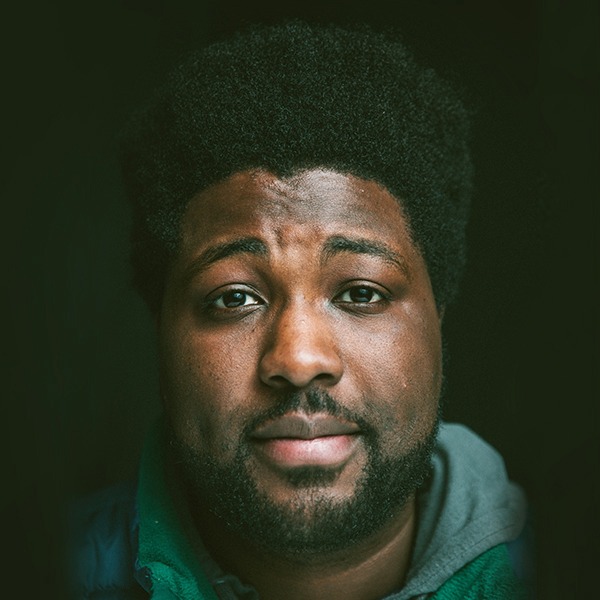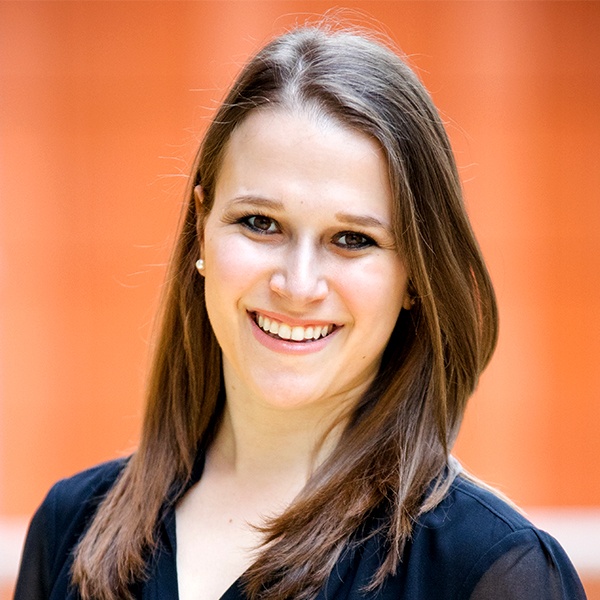What does it take to be a technology startup in today’s world? How do you break through the barriers of early entrepreneurship? And what do you wish you knew before you began your journey?
During the 2018 Global Entrepreneurship Week, Innovation DuPage organized a panel of investor-funded entrepreneurs. They came together at Benedictine University to discuss the struggles and triumphs of the startup business.
Meet the Panelists

Christina York, founder of SpellBound, a therapeutic tool that helps children cope and engage with medical treatment using immersive Augmented Reality (AR) technology.

Ashley Kern, data scientist and founder of SightLine, an organization that uses data science to predict student success, improve financial performance, and increase graduation rates at higher education institutions.

Phillip Coleman, community and events manager at Ann Arbor SPARK, an innovation-driven economic engine within Southeast Michigan.

Brianna Wolin, founder of Find Your Ditto, a platform that uses modern technology to create a supportive community of individuals with chronic illnesses.
On the Daily Grind
Brianna: “You have to be passionate, but it doesn’t mean you’re going to wake up and love your company every single day.”
Christina: “There’s an amount of tenacity you need to launch a startup. Sales and marketing strategies are constantly being tweaked and constantly adapting to market changes. I started in one direction and went that way for 10 months, and then had to kill it and go in another direction. It’s okay to do that. I let go and that was painful for me.”
Brianna: “A startup’s journey is not really like what you see on Shark Tank. You still have to take care of yourself. Working on something else as a freelancer does not make you any less of a founder. It just helps you pay your bills. You don’t have to have an awful way of living when you are building your company.”
In the entrepreneurial world, there’s a lot of unequal power; the people with money have it all. But finding people who treat you with respect is the number one tell of who I want to do business with.
On the Surprising Benefits of Competition
Phillip: “Competition is not a bad thing. Have an entrepreneurial mindset and think, no matter what happens, I’m going to overcome. Look at competition as a pathway. Where is their disruption? It’s easier to look at a full picture [of the market] than a blank canvas.”
Brianna: “Don’t be afraid to launch and don’t hold off until it’s perfect. See over the competition and have consistent deep conversations about core competencies: Discover what your business does best and stick with it. Focus on what you do best and keep doing it.”
On Hiring Early Employees
Ashley: “If you’re a technical founder, do as much work yourself as you can and then hire people and continue to scale. Be stingy with your time and your equity. You’re creating that value, so don’t give away too much equity.”
Christina: “During interviews with new potential employees, I’ll let them know we’ve missed payroll three times in the last year and I’ll ask, “What does that mean to you?” Not everyone is cut out to work for a startup.”
Ashley: “When you build your team, it’s really important to keep in mind some tough questions. I ask, ‘How do you feel about working for someone who’s younger and female?’ And if they act weird, that’s a good sign that it won’t be a good fit.”
Phillip: “With employees, they may not tell you or speak up if they don’t feel supported and they are not going to operate at their fullest potential. Not everyone is going to understand and love you intimately, but you can still get to a base level of respect. And then maybe you can grow, but it takes time on both sides. You are the business. Make sure your team believes in you.”
On Being a Female Founder
Christina: “In the entrepreneurial world, there’s a lot of unequal power; the people with money have it all. But finding people who treat you with respect is the number one tell of who I want to do business with. If there’s a pattern of disrespect, I cut ties quickly. Telling potential investors goodbye is hard. You have to do due diligence on potential investors and advisors yourself. When was the last time they operated in their area of expertise? At the end of the day, you have to decide which advice you are going to take.”
Brianna: “I think it’s important to recognize among a community of female founders that everything is shared. If some investor says something even a little bit fishy, we all are going to know. One local female founder has a running list of investors across the country who have not treated entrepreneurs respectfully.”
Christina: “When you’re an entrepreneur and you speak up, you run a risk of being blackballed. You have to decide: Do you want to put your time and energy into building your company or fighting injustice? Sometimes I do feel a responsibility to share with others who might be impacted. Some investors have bad reputations with female founders and word does get around.”
What They Wish They Had Known on Day One
Ashley: “Turn each customer into an advocate. Find out their pain points, solve them, and communicate them to others.”
Christina: “Always be raising money.”
Ashley: “Find value for your customers. Go back and quantify victories for your customers.”
Christina: “Choose to do business with people you respect and who respect you. Fundraising isn’t a side job – it’s your other full-time job as CEO. And there are rules around it. I’m not bothered by dilution, but I am bothered by giving up control. I’ve been generous with my options for team members because I feel like they deserve it. I think you have to give up what you’re comfortable with. When you are negotiating and fundraising, be aware of what impacts control and understand what you’re giving up.”
On the Importance of Community
Brianna: “Participating in programs like startup accelerators and business incubators helps you get noticed. I participated in an accelerator and received media write-ups which were a huge benefit. The attention and the program mentors helped me gain traction with customers and assisted in gaining early-stage capital. Without that capital, we couldn’t have kept going.”
Christina: “Community is especially important when you’re a solo entrepreneur. To be successful, you need to build a community, and networking is part of that.”

